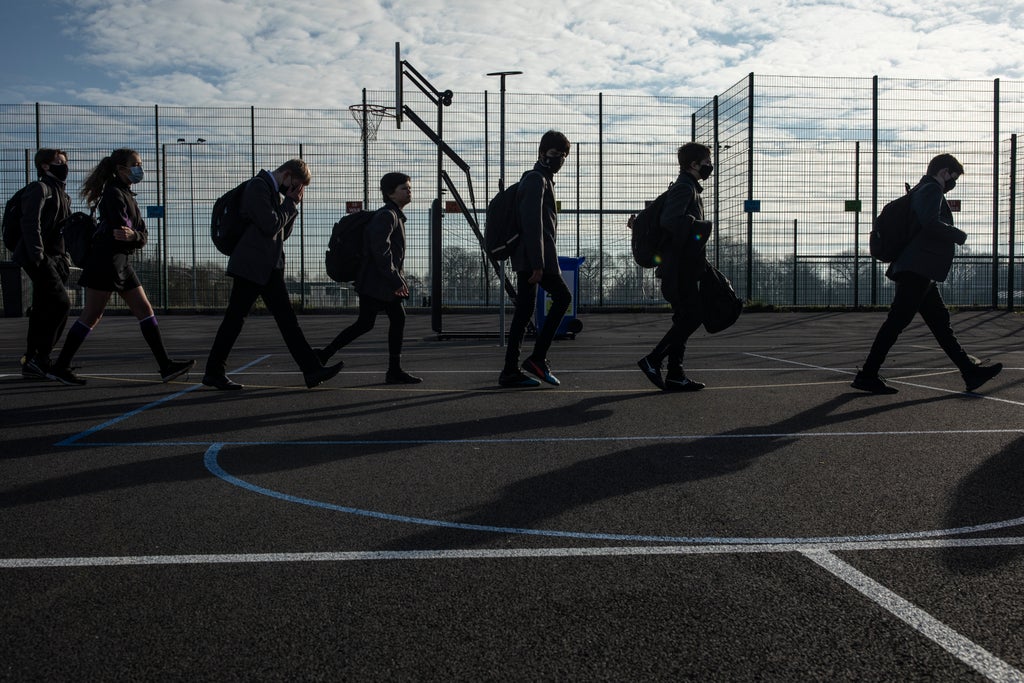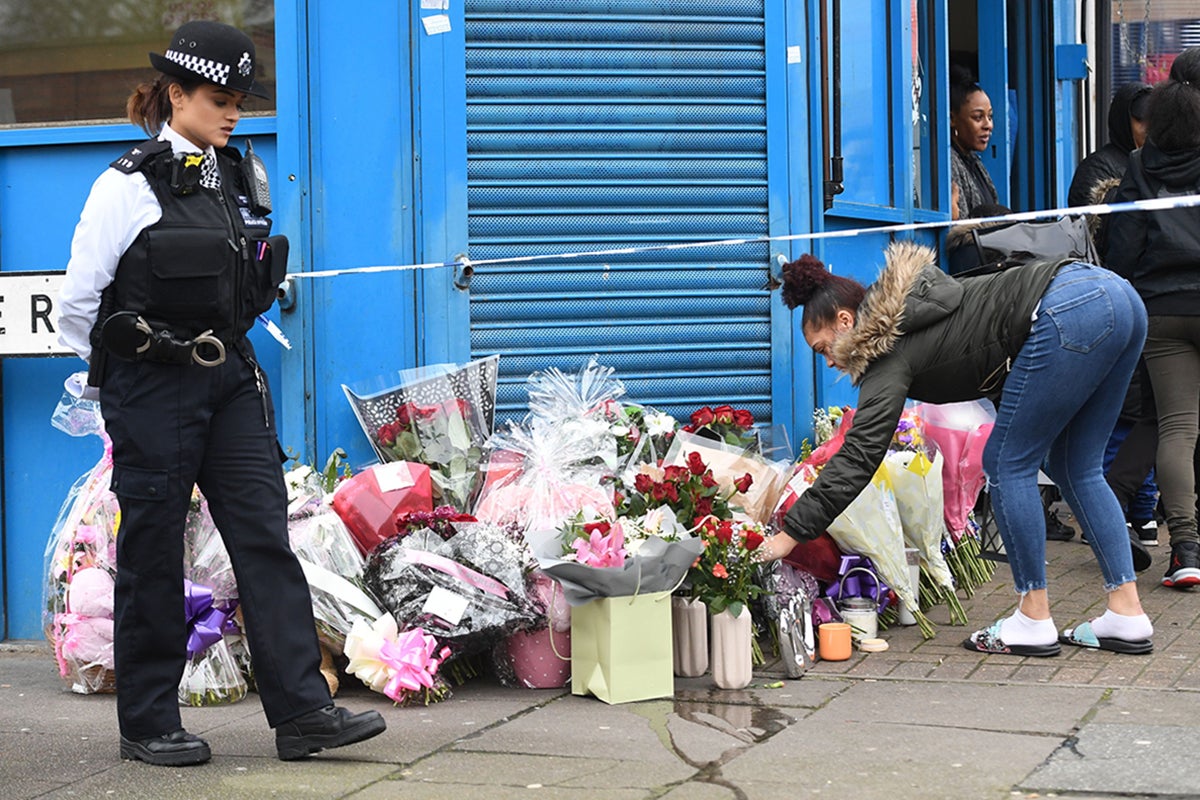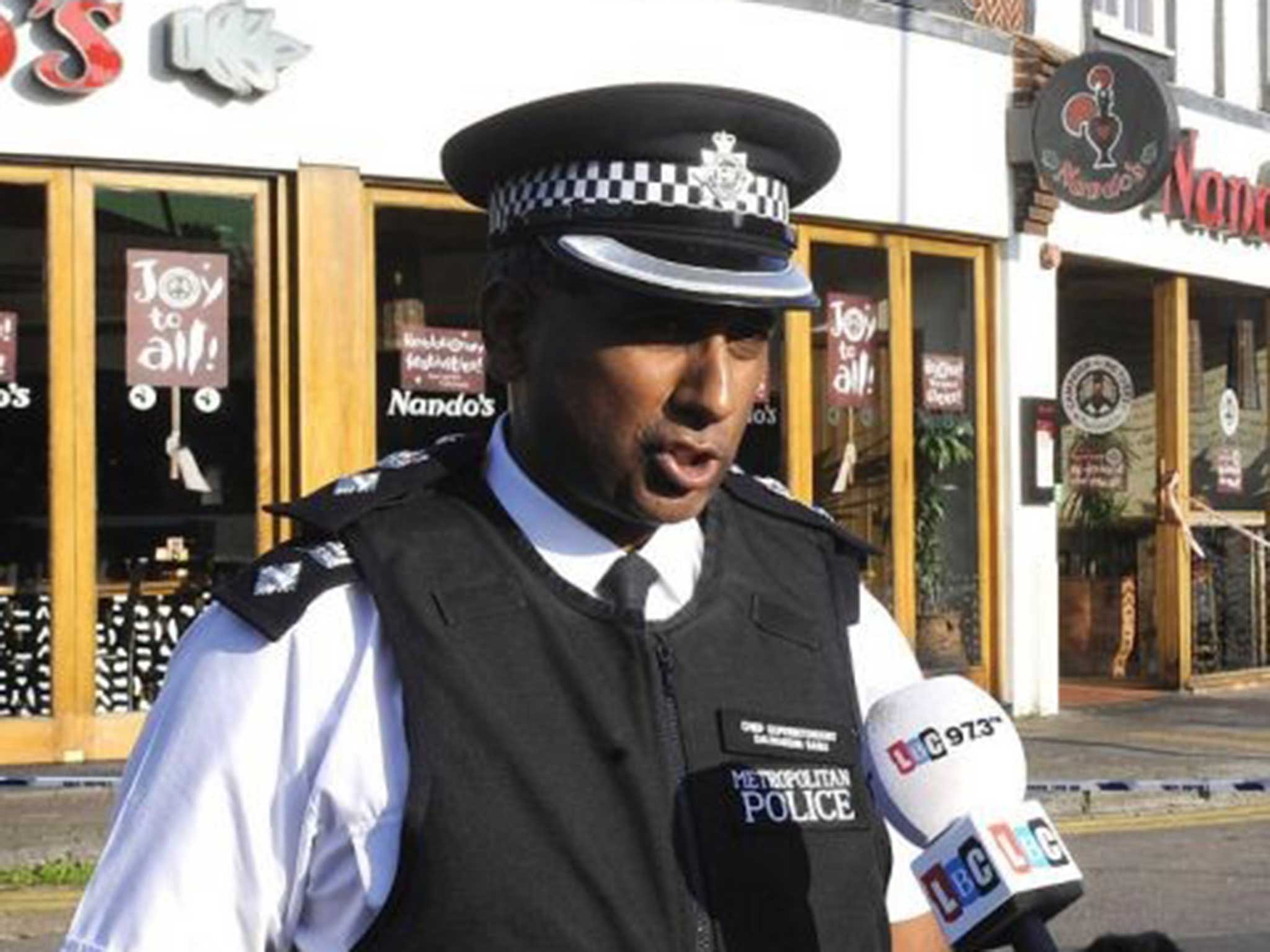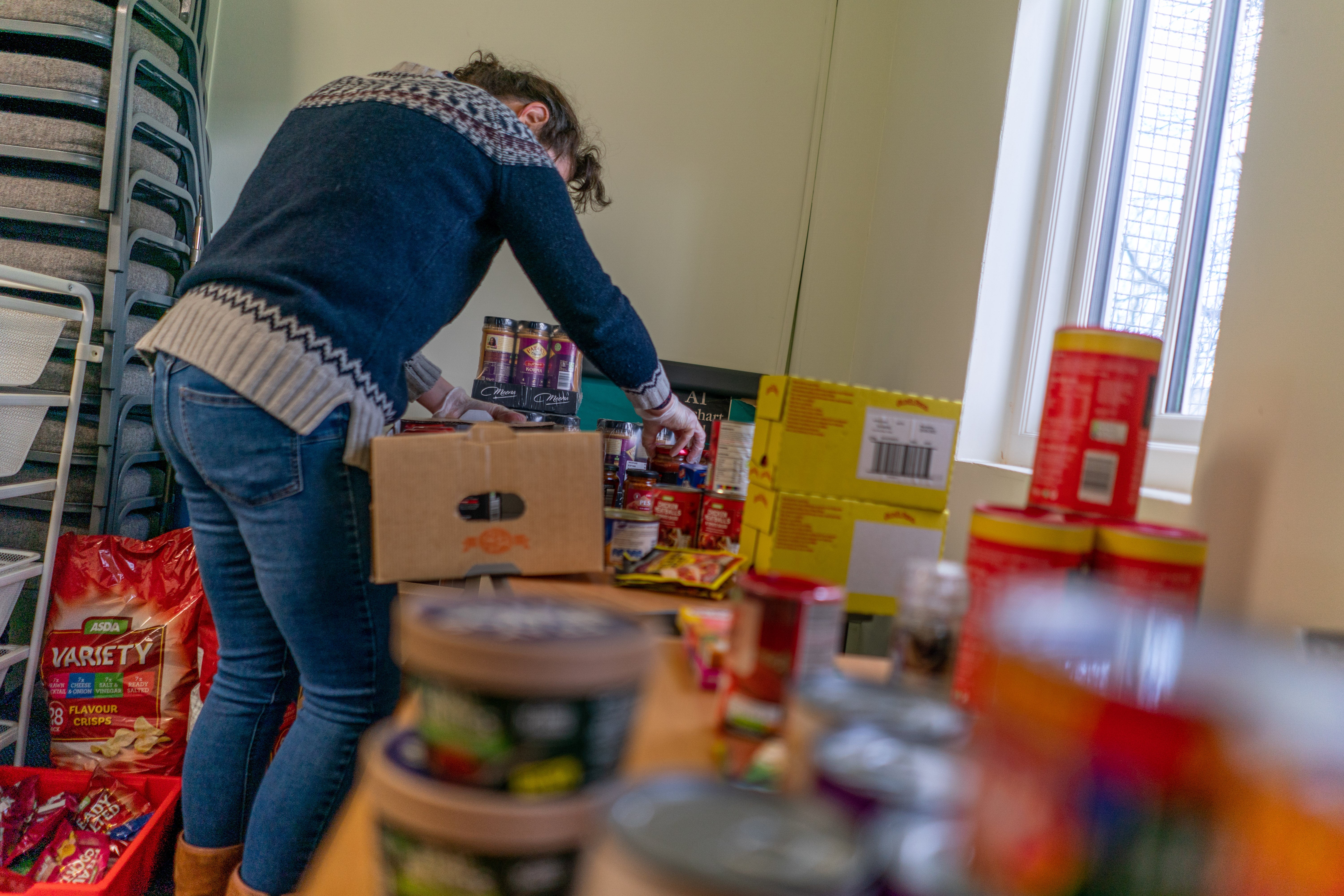
The ongoing cost of living crisis will lead to an increase in youth violence, experts have warned, as Britain faces the biggest drop in living standards since the 1950s.
It comes as economists forecasted that around 1.3 million people will be pushed into poverty by the cost of living squeeze after the chancellor failed to offer more support to low income households in his Spring Statement.
Former Metropolitan Police Chief Superintendent Dal Babu told The Independent that children will particularly struggle as a result of rising food and utility costs.
“People are surviving on minimum,” Mr Babu said. “I think it’s a big challenge and I think there’s a danger that food and hunger will be used to snare young people into ... situations where they’re in debt to gangs.
“What you’re seeing increasingly is young people being groomed and targeted on the internet or directly outside schools, they will be given a free chicken and chips meal. A lot of these kids will be hungry – they get an offer of free food then they’re in debt to a gang who will want them to do things in return.”
Mr Babu said hard-working families in poorer areas across the country are struggling to afford the basics and young people will suffer most as a result.

He also warned that cuts to policing and other public sector roles in the last 10 years have impacted the ability to protect young people.
“Government needs to recognise the damage to safeguarding that cutbacks have made and understand the glue of safeguarding goes across different agencies: youth groups, social workers, teachers – they’re as important as the police but all of those organisations are being cut,” the former Metropolitan Police officer said.
“What we need to do is have a degree of stability for these resources.”
Niven Rennie, head of Scotland’s violence reduction unit who is praised for turning around Glasgow’s reputation as Europe’s murder capital, said when the gap between rich and poor widens, violence is a result.
“It’s not just the cost of living crisis,” Mr Rennie told The Independent. “We had the banking crash in 2008 and the response to that was austerity, then we had Covid, then we had the cost of living crisis, then we had war in Ukraine, all of these are going to cause a lot of problems for someone like the chancellor who is trying to balance the books, and what we tend to do is overlook poverty.”
Mr Rennie explained that a failure to address the issue of poverty would result in more violence, more drug-taking and more drug deaths following a year where 30 teenagers were killed in London, the most on record.
He added: “If we try to suppress that by putting people into prison we’re waging a war on poverty instead of recognising that the steps we’re taking is going to increase poverty and create more social problems, these are political decisions.”

Analysis by London City Hall revealed that three-quarters of the London boroughs with the highest levels of violent offending are also in the top 10 most deprived, while the same boroughs have higher proportions of children under the age of 20 living in poverty than the capital’s average.
Both Mr Rennie and Mr Babu insisted that the responsibility to reduce violent crime cannot solely rest on the shoulders of UK police forces but requires input from the entire public sector working in unison to support young people.
Additionally, without ample investment into the public sector, vulnerable young people will continue to be victims of violence, both experts warned,
“People call for tougher sentences and putting people in prison for longer – this doesn’t work, we’ve been doing this for years, it doesn’t work. Violence is a public health issue, all the police do is suppress violence,” Mr Rennie said.

“Unless you give young people positive role models, give children something to do, give them hope, a sense of encouragement then sadly you will end up with violence.
“It’s 2022 and we have food banks going up in every community. We have ghettos in our inner cities with young kids in them. We need a more compassionate narrative where people are more understanding. Once we start along that road we may see more political will to do something about this.”
According to an analysis by the Resolution Foundation of Rishi Sunak’s spring statement, 500,000 children are set to fall below the poverty line. Middle-income households can expect to see disposable income fall 4 per cent next year after housing costs. For those in the poorest quarter, income falls 6 per cent, and for out-of-work households, it falls by 8 per cent, the think tank said.
Torsten Bell, chief executive of the Resolution Foundation (RF) think tank, said: “I was very surprised that the chancellor had chosen the overall package he had when it came to what was on offer for lower-income households.”







